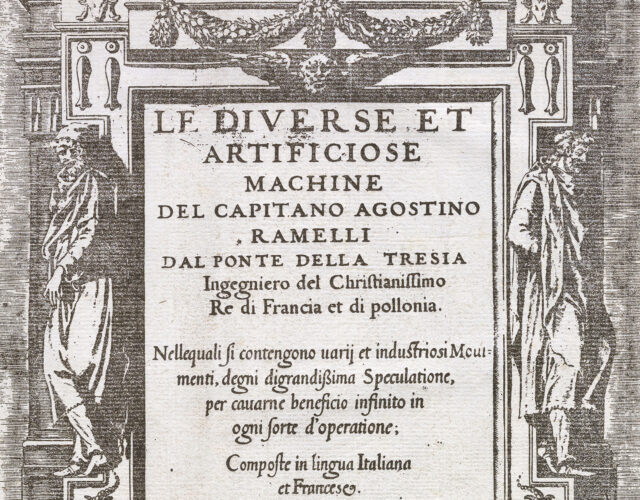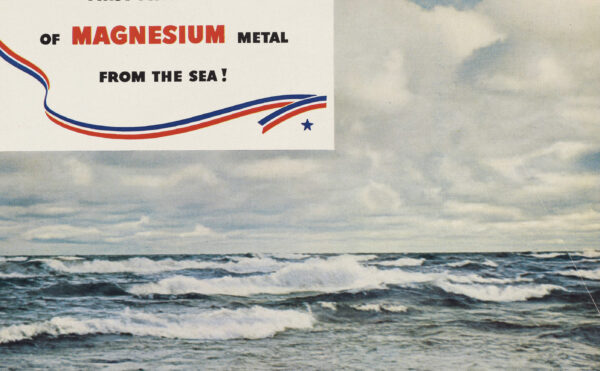Water Tour

Join our museum’s Gallery Guides for a “drop-in” tour that explores the importance of water and the histories of pollution and protection that have changed our relationship to this vital substance.
Clean water is life, and our scientific understanding of the water cycle’s significance and complexity has grown in the last few centuries.
On this tour, you’ll learn about the gods and powerful beings that were believed to protect flowing waters, how early anti-pollution advocates dealt with crises like thousands of dead fish in the Colorado River, and how chemistry and water knowledge intersect. Find out how Rachel Carson’s Silent Spring, the EPA, and scientists and activists throughout history have fought to protect our waters from contamination.
We’ll also talk about the history of our local water sources in the Delaware Valley, the technological advancements that led to the water systems we have today, and how innovators helped us observe, test, and purify water, first to make it fit for human consumption, and later as a matter of environmental ethics.
Drop-in tours are free and no reservations are necessary.
More events
School Lunch Tour
This interactive drop-in tour reveals how food scientists, the government, and the public have shaped in-school nutrition.
Stories of Science: Summertime Science
Join us in our museum EVERY SATURDAY for a family-friendly program that highlights strange and surprising stories from the history of science!
Charming Disaster: The Double
The Science History Institute invites you to an evening of music and scientific wonder!



